Technical SEO & Google Ads Optimisation for Auckland Business Success | Bump Digital
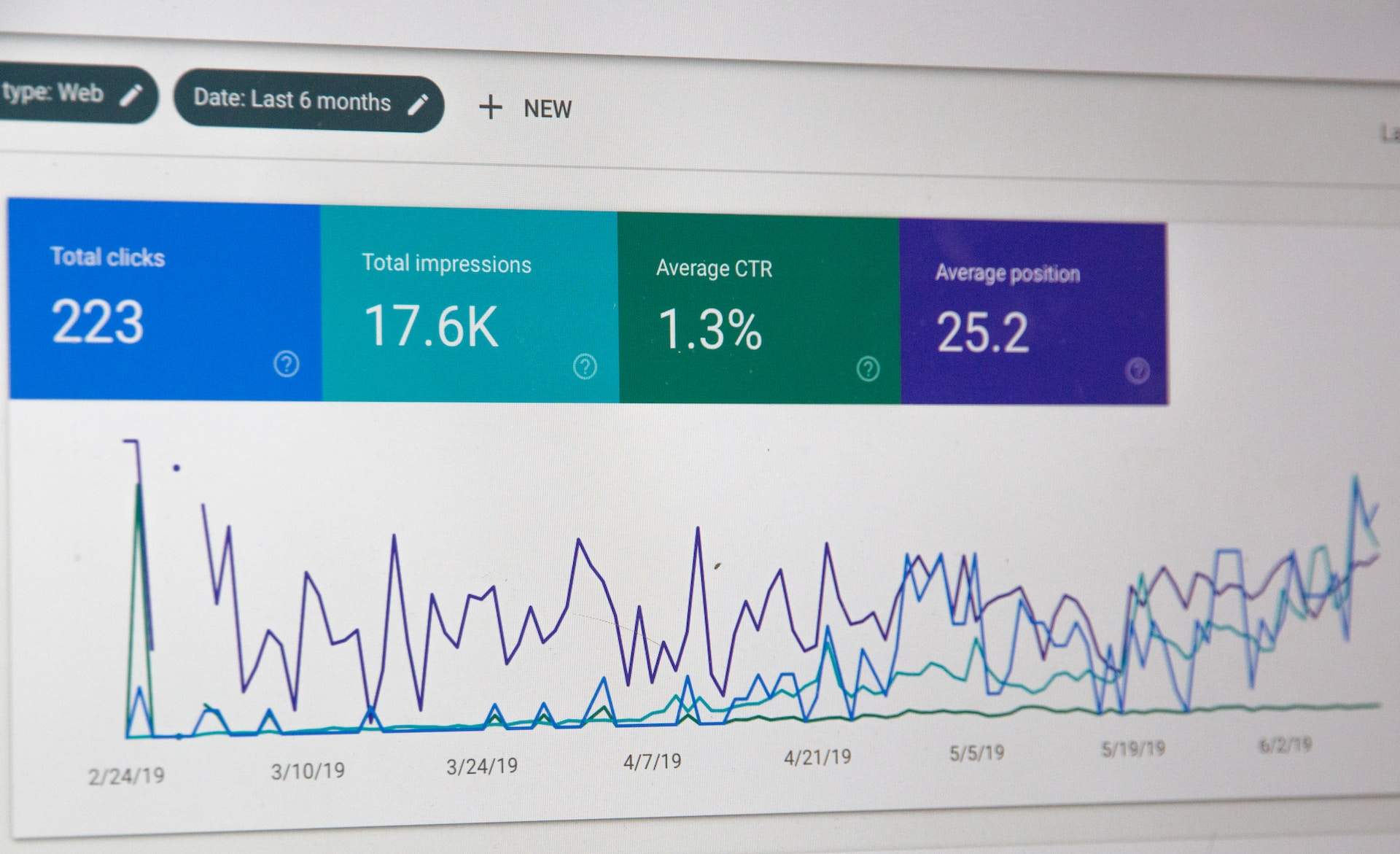
In the ever-evolving world of digital marketing, businesses in New Zealand, specifically those in Auckland, need to adapt and stay ahead of the curve to achieve success. Bump Digital, a leading digital marketing agency in Auckland, is committed to helping businesses reach their full potential through personalised service, great results, and strong client relationships. Among the various digital marketing services it offers, two essential facets of online success are Technical SEO and Google Ads Optimisation.
Technical SEO, as the name suggests, encompasses a range of technical aspects that help search engines crawl, index, and rank a website effectively. Ensuring that your website's technical aspects are in order is indispensable for achieving a strong online presence and driving targeted organic traffic to your website. On the other end of the spectrum, Google Ads Optimisation allows businesses to gain a competitive edge by utilising the right strategies and best practices to create cost-effective and high-performing campaigns.
In this educational and informative guide, we will delve into the specifics of Technical SEO and Google Ads Optimisation, discussing their importance, the best practices for implementation, and the common pitfalls to avoid. By mastering these elements, you'll learn how to attract targeted traffic, drive conversions, and set your business apart from the competition in Auckland's thriving business landscape.
Mastering Technical SEO for Auckland Business Growth
1. Page Speed Optimisation
Page speed is a critical ranking factor for search engines and has a considerable impact on your website's user experience. To improve page speed, consider implementing the following best practices:
- Compress images and other media files to minimise their size.
- Enable browser caching to speed up loading times for returning visitors.
- Minify HTML, CSS, and JavaScript files to reduce their size.
- Use a Content Delivery Network (CDN) to speed up content delivery.
- Limit the number of HTTP requests your website generates.
2. Mobile Responsiveness Enhancement
With the increase in mobile internet usage, search engines emphasise the importance of mobile-friendly websites. Mobile responsiveness ensures that your website provides a seamless experience across different devices and screen sizes. Implement these best practices to enhance your mobile responsiveness:
- Use a responsive design that adjusts automatically to different screen sizes.
- Optimise your images, buttons, and fonts for mobile displays.
- Make sure your website's navigation is easy to use on mobile devices.
- Apply mobile-friendly plugins and extensions to your website if necessary.
3. Sitemap and Robots.txt Configuration
Sitemaps and robots.txt files play a vital role in search engines crawling and indexing your website. Sitemaps help search engines quickly discover your website's pages, while robots.txt files give them instructions on what to crawl and what to exclude. Follow these best practices for sitemap and robots.txt configuration:
- Create an XML sitemap, listing all important pages and regularly update it as you add or remove content.
- Submit your sitemap to major search engines like Google and Bing.
- Create a robots.txt file to provide instructions to search engines about which pages to crawl and which to avoid.
- Regularly review and update your robots.txt file to ensure it contains up-to-date directives.
4. Structured Data Markup Integration
Structured data markup helps search engines better understand the content on your website, making it easier for them to index your pages and display rich snippets in search results. Implement these best practices for structured data markup integration:
- Use Schema.org vocabulary to add structured data to your website.
- Markup relevant elements such as articles, products, events, and reviews.
- Test your structured data implementation using Google's Structured Data Testing Tool to ensure it is correctly implemented.
Maximising Google Ads Optimisation for Auckland Business Success
1. Strategic Keyword Research
Choosing the right keywords is the foundation of a successful Google Ads campaign. Identify the best keywords for your business by conducting thorough keyword research. Consider the following best practices:
- Use tools like Google Ads Keyword Planner to discover relevant keywords.
- Analyse the competition and search volume of the keywords.
- Incorporate long-tail keywords, as they often have less competition and higher conversion rates.
- Regularly review and update your keyword list based on performance data.
2. Effective Ad Copywriting
Well-crafted, persuasive ad copy can significantly impact your campaign's success by boosting click-through rates (CTR) and conversions. Follow these tips for effective ad copywriting:
- Incorporate target keywords in the headline and description.
- Highlight unique selling points, special offers, and benefits.
- Use a strong call-to-action (CTA) to encourage users to take the desired action.
- Regularly test and refine your ad copy based on performance data.
3. Profitable Bid Management
Your bidding strategy should be designed to maximise returns on your advertising budget. Apply the following best practices for profitable bid management:
- Monitor the average cost-per-click (CPC) and set a bidding limit accordingly.
- Use automated bidding strategies like Target CPA or ROAS for a more data-driven approach.
- Adjust your bids based on device, location, and time of day performance.
- Regularly review and optimise your bidding strategy based on campaign performance.
4. Landing Page Optimisation
Your landing pages play a crucial role in converting the incoming traffic from your ads. Use these tips to optimise your landing pages and enhance ad performance:
- Ensure your landing page is relevant to your ad copy and target keywords.
- Provide a seamless user experience with clean design, clear CTA, and easy navigation.
- Continuously test and refine your landing pages based on conversion data.
- Monitor your Google Ads Quality Score to identify areas for improvement.
Conclusion
By mastering the essential aspects of Technical SEO and Google Ads Optimisation, you can build a strong online presence and drive sustainable growth for your Auckland business. Robust SEO strategies and well-crafted Google Ads campaigns will help to attract targeted traffic, boost conversions, and set your business apart in Auckland's competitive marketplace.
Are you ready to take your Auckland-based business to new heights through Technical SEO and Google Ads Optimisation? At Bump Digital, a digital marketing agency in Auckland, our team of experts is committed to delivering personalised service, great results, and fostering strong client relationships. Contact us today and let us help your business achieve the success you desire. Let's work together to give your business a bump up through digital marketing.




.jpg)

.jpg)
.jpg)
%20(1).jpg)
.jpg)
.jpg)
.jpg)
.jpg)
.jpg)

.jpg)
.jpg)
.jpg)

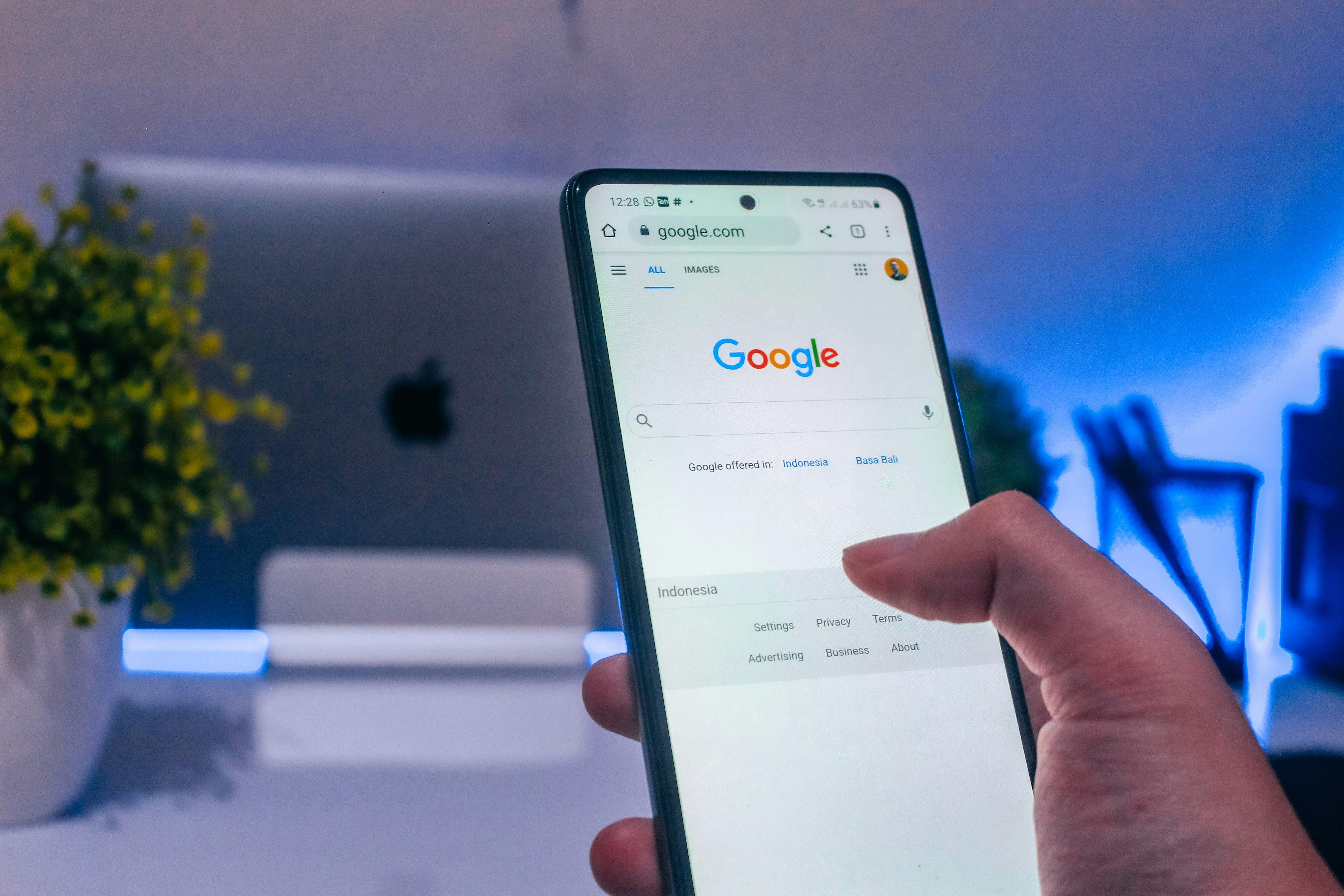



.jpg)






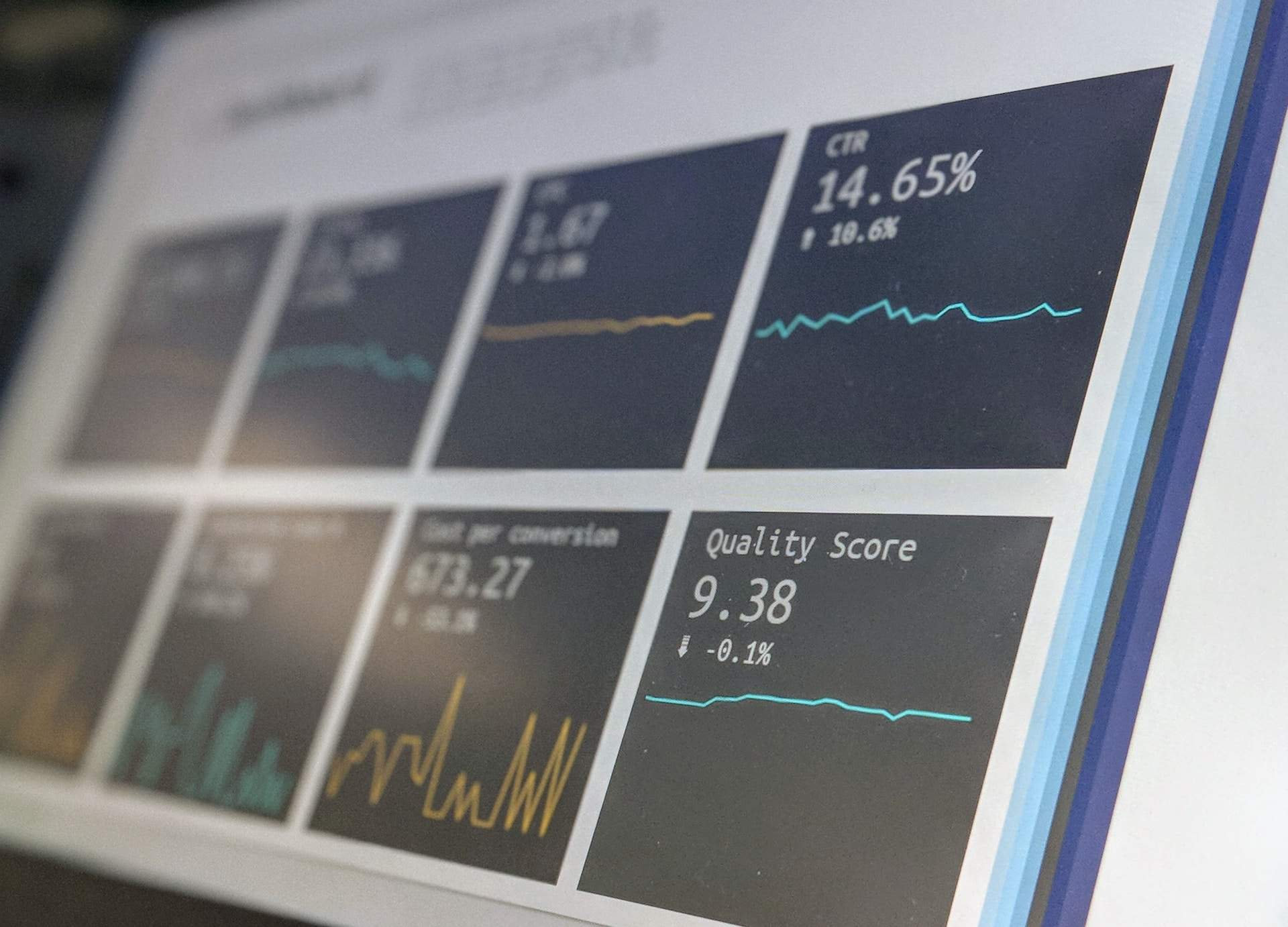



.jpg)


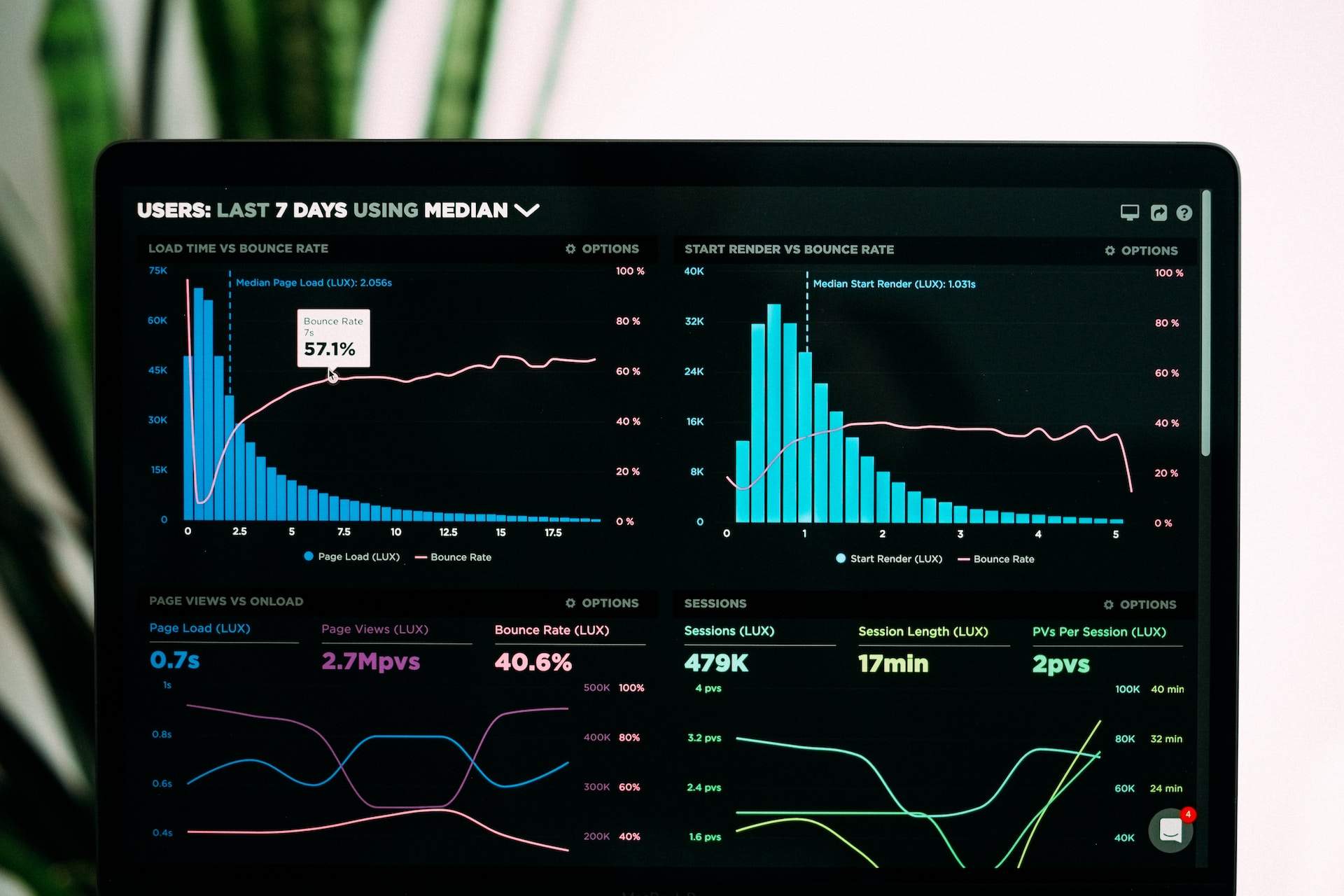



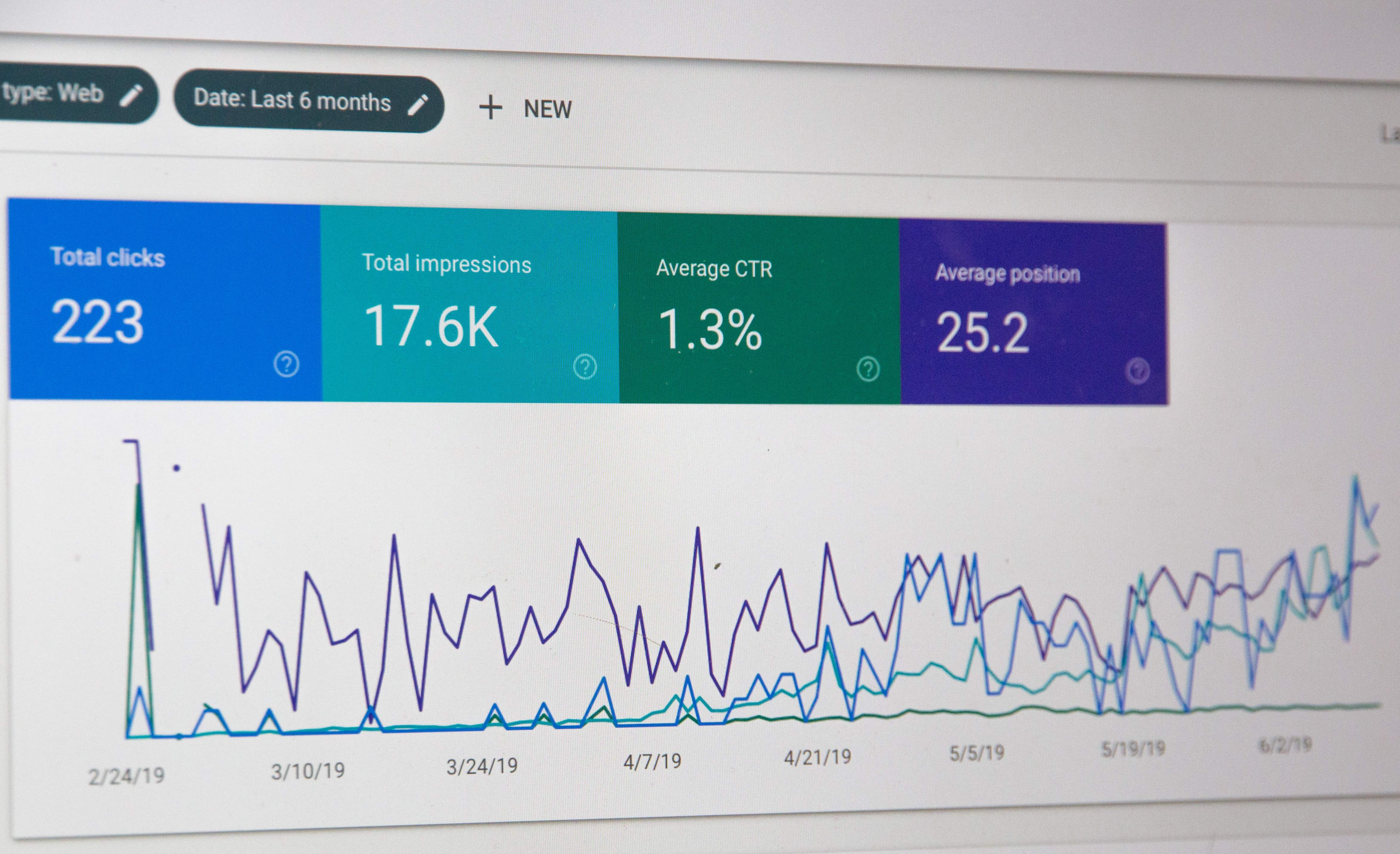





.jpg)
